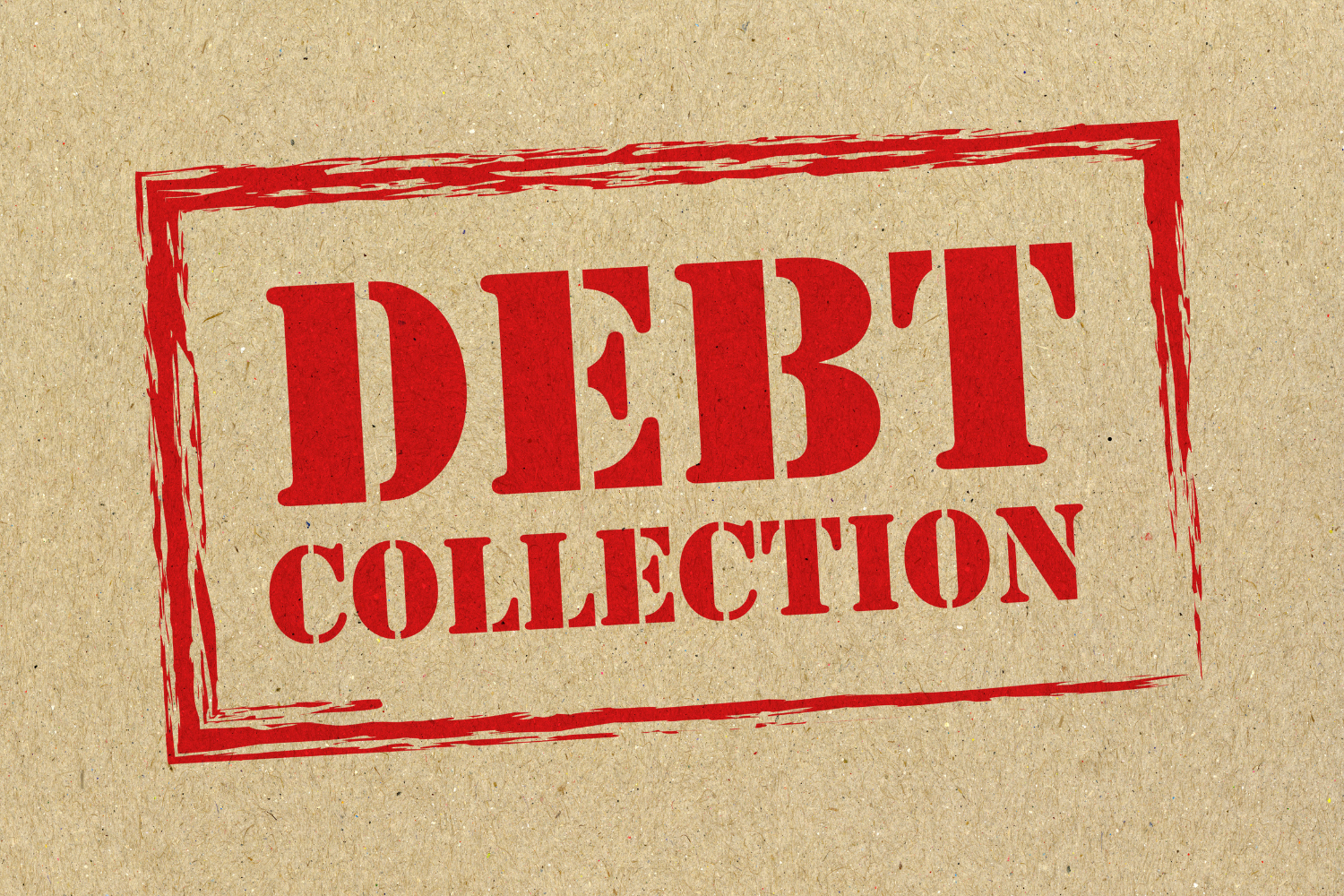How to Handle Debt Collectors Effectively

Dealing with debt collectors can feel intimidating, stressful, and overwhelming. Persistent calls, demanding letters, and even aggressive communication can add emotional distress on top of financial hardship. However, knowing your rights and adopting strategic responses empowers you to handle debt collectors effectively and protect your financial future.
This guide provides practical advice on how to confidently manage interactions with debt collectors, maintain control over your finances, and resolve debts efficiently.
1. Know Your Rights Under the Law
Understanding your legal rights under the Fair Debt Collection Practices Act (FDCPA) is crucial when dealing with debt collectors. The FDCPA prohibits collectors from engaging in abusive, deceptive, or unfair practices, such as:
- Harassment or threats
- Calling outside permitted hours (before 8 a.m. or after 9 p.m.)
- Contacting your employer unnecessarily
- Providing false or misleading information about your debt
Familiarize yourself with these protections so you can recognize and promptly report any violations.
2. Verify the Debt Immediately
Debt collectors must provide you with written validation of the debt upon request. Always request verification, particularly if the debt seems unfamiliar or inaccurate. This verification process includes:
- Proof of the original debt
- The amount owed and itemization of fees
- Details of the original creditor
If the debt cannot be properly validated, you may dispute it or refuse payment. Verifying debts prevents paying for inaccurate or outdated obligations.
3. Keep Detailed Records of All Communications
Maintain meticulous records of all communication with debt collectors, including:
- Dates and times of calls or letters
- Names of collection agents
- Contents of each conversation or letter
Detailed records help substantiate any disputes or claims of harassment, enabling you to effectively challenge unfair practices if necessary.
4. Negotiate Debt Settlements Wisely
Negotiating debt settlements can significantly reduce the amount owed. Many debt collectors accept partial payments to settle debts, especially if you demonstrate genuine financial hardship.
When negotiating:
- Clearly state your financial situation.
- Offer a realistic lump-sum payment or manageable monthly payments.
- Always request written confirmation of settlement terms before paying.
If negotiating feels overwhelming, partnering with reputable companies like National Debt Relief can simplify negotiations and improve your chances of favorable outcomes.
5. Avoid Making Promises Under Pressure
Debt collectors often use urgency or pressure tactics to secure immediate payments or agreements. Avoid making quick decisions or commitments under emotional pressure. Take your time, calmly evaluate your financial situation, and never promise payments that you cannot realistically afford.
Instead, clearly communicate your willingness to resolve the debt through manageable arrangements.
6. Understand the Impact of Debt on Your Credit
Debt collection activity negatively impacts your credit score. Regularly review your credit reports for accuracy and immediately address any errors or inaccuracies. If incorrect debt collection activities damage your credit profile, consider working with trusted credit restoration services like Credit Repair to dispute inaccuracies and restore your credit health.
Improving your credit makes future financial interactions smoother and less stressful.
7. Deal with Complex Debts Promptly
Certain debts, particularly IRS tax obligations, require prompt and specialized handling. Unresolved tax debts can lead to severe collection actions such as liens or wage garnishments.
If facing complicated financial obligations like tax debt, immediately seek professional assistance from specialized services such as Tax Debt. They negotiate directly with the IRS, establishing manageable repayment plans, and resolving collection actions efficiently.
8. Limit Communication to Writing When Possible
Communicating in writing provides clarity and documented evidence of your interactions with debt collectors. When possible, request communication via letters or emails, reducing stressful phone interactions and providing clear evidence of all arrangements or disputes.
9. Know When and How to Seek Legal Help
If debt collectors violate your rights, ignore your requests for verification, or continue aggressive practices despite clear communication, seek legal assistance immediately. Consumer law attorneys or professional debt relief companies like National Debt Relief can offer valuable legal guidance, protection, and mediation.
10. Remain Calm, Confident, and Persistent
Interactions with debt collectors are often emotional and stressful. Remaining calm, professional, and persistent helps ensure productive conversations. Clearly communicate your financial limitations, willingness to negotiate, and firm understanding of your rights. Maintaining composure often encourages collectors to offer more reasonable terms.
Take Control of Your Financial Situation
Handling debt collectors effectively requires knowledge, strategic communication, and sometimes professional assistance. By thoroughly understanding your rights, negotiating strategically, verifying debts carefully, resolving complicated issues with experts like Tax Debt, and restoring credit health through services like Credit Repair, you gain control over debt collector interactions and protect your financial future.
Debt collection doesn’t have to be intimidating. Empower yourself with knowledge and strategic tools to confidently handle collectors and regain lasting financial peace.
Explore Our Categories

Credit Cards

Debt

Loans

Insurance

Retirement

Home Buying

Investing

Taxes
Free Yourself From Debt

National Debt Relief
✅ Reduce Your Debt – Pay Less Than You Owe!
✅ One Simple Monthly Payment – No More Juggling Bills.
✅ Get Relief From Credit Cards, Medical Bills & More
Ranked #1

